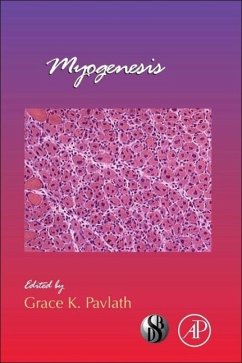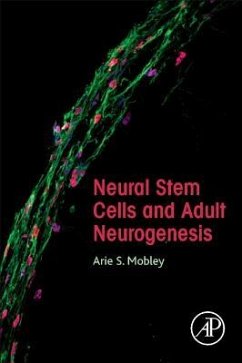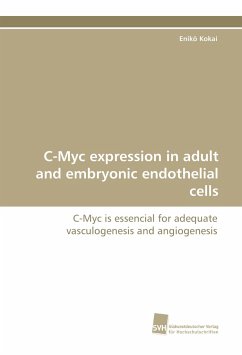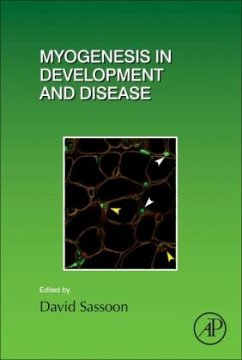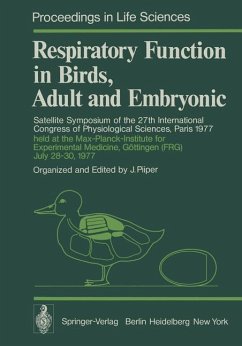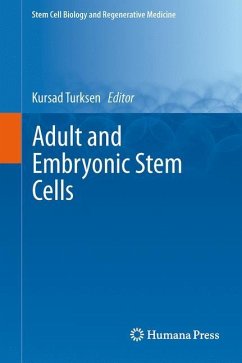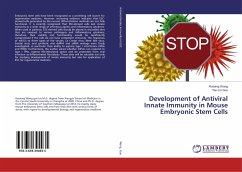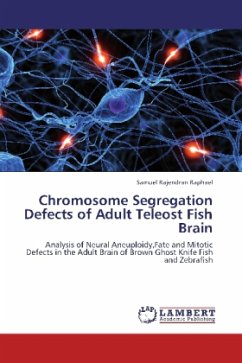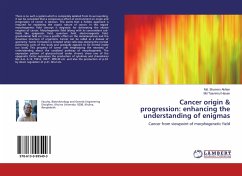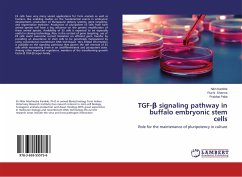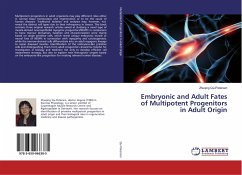
Embryonic and Adult Fates of Multipotent Progenitors in Adult Origin
Versandkostenfrei!
Versandfertig in 6-10 Tagen
33,99 €
inkl. MwSt.

PAYBACK Punkte
17 °P sammeln!
Multipotent progenitors in adult organisms may play different roles either in normal tissue homeostasis and regeneration or to be the cause of human diseases. Traditional isolation and analyses may, however, not reveal the distinct cell types due to their infrequency in tissues. This book contains three original research articles aimed at studying a novel type of muscle-derived neuroepithelial myogenic progenitors/NEMPs in comparison to bone marrow derivatives. Isolation and characterization were mainly based on single primitive cells, which reveal unique embryonic muscle or neural fate of NEM...
Multipotent progenitors in adult organisms may play different roles either in normal tissue homeostasis and regeneration or to be the cause of human diseases. Traditional isolation and analyses may, however, not reveal the distinct cell types due to their infrequency in tissues. This book contains three original research articles aimed at studying a novel type of muscle-derived neuroepithelial myogenic progenitors/NEMPs in comparison to bone marrow derivatives. Isolation and characterization were mainly based on single primitive cells, which reveal unique embryonic muscle or neural fate of NEMPs in connection with myopathy and carcinogenesis, while the marrow-derived cells differentiate into an adult myogenic lineage to repair diseased muscles. Identification of the embryonic-like primitive cells and distinguishing them from adult progenitors should be helpful for investigators in biology and medicine not only to develop efficient cell replacement strategy, but also to explore new therapeutic targets based on the embryonic-like progenitors for treating relevant human diseases.



